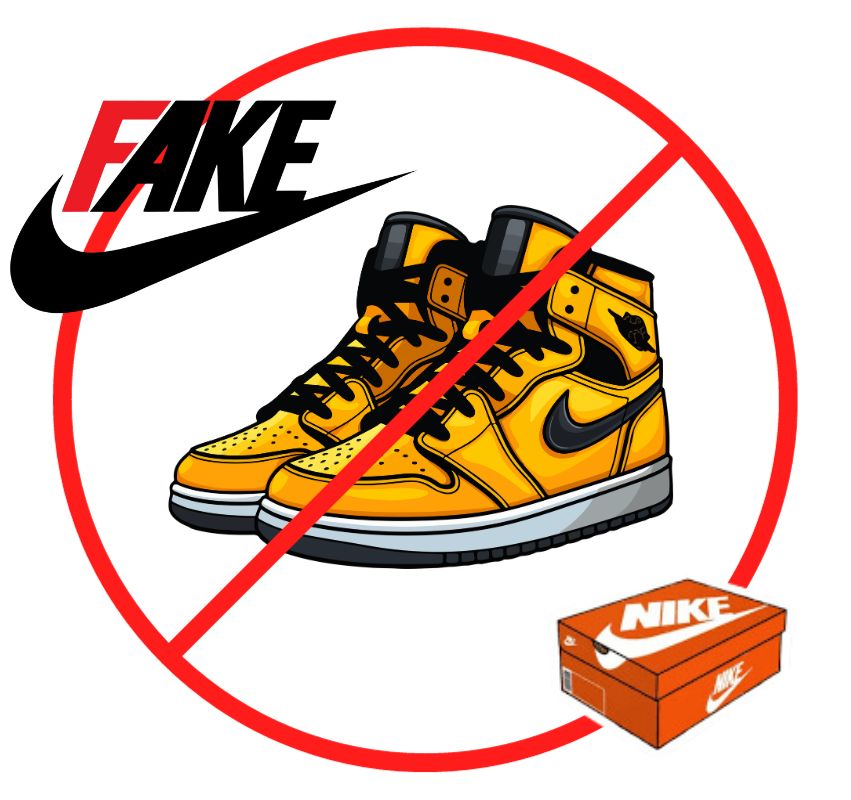“Shoe game,” the desire for the most stylish and up-to-date sneakers, has grown exponentially. According to USA Today, teens spend approximately $275 yearly on sneakers.
Often, certain shoes are only available for a limited time or only made for a period of time. The scarcity of sneakers generates a demand. A demand that prompts consumers to search elsewhere for their sneakers.
This leads consumers to companies like StockX, GOAT, eBay and Facebook Marketplace which work in a similar way with a website, seller and customer marketplace.
Sellers are people who have valuable shoes in their collection and resell their sneakers on StockX, GOAT or other websites. They list their shoes on the platform of their choosing and get paid when the customer makes a purchase.
Sophomore Nate Shuler, a ‘sneakerhead’ and local shoe reseller, shares his verifications suggestions and checks to make sure the shoes he buys are real.
“Verification is different for every shoe, but the main give away when it comes to fakes is the quality of shoes,” says Schuler. “For example, are there stitching flaws? Is the leather too thin? Once you start noticing these small differences you’re able to check legit shoes.”
It’s hard for consumers to check these qualities when buying online. Companies say they check for verification, as StockX shares in their verification that their authenticators stopped nearly $30 million worth of fake sneakers from trading on their network from June 2022 to May 2023.
Though companies like StockX and GOAT say they check their shoes, there is still a possibility that the shoes consumers are buying are counterfeit. Wilson Smith, a shoe designer at Nike and Lincoln alum, class of 1980, shares the ways he recommends to avoid buying fakes.
“Look into GOAT’s background and see what GOAT has published online,” says Smith. “I would recommend a lot of that kind of research, you know, look into StockX and kind of see, are they viable?”
Another method to insure your shoe is legit is to use verified methods. Shuler uses a variety of methods like app verification or retailers.
“When I buy more expensive shoes, I use an app called CheckCheck or I go to a skate shop to get them verified,” says Shuler.
Even though verifying shoes online can be difficult, that shouldn’t stop you from rocking your new kicks!
Researching the company you’re buying from, checking the shoe material and using other methods of verification can prevent you from spending your money on fake shoes.
“Because who knows, you’re looking online” says Smith. “If they are going to send me something, and I realized later that it it’s fake? I better be able to return it.”

